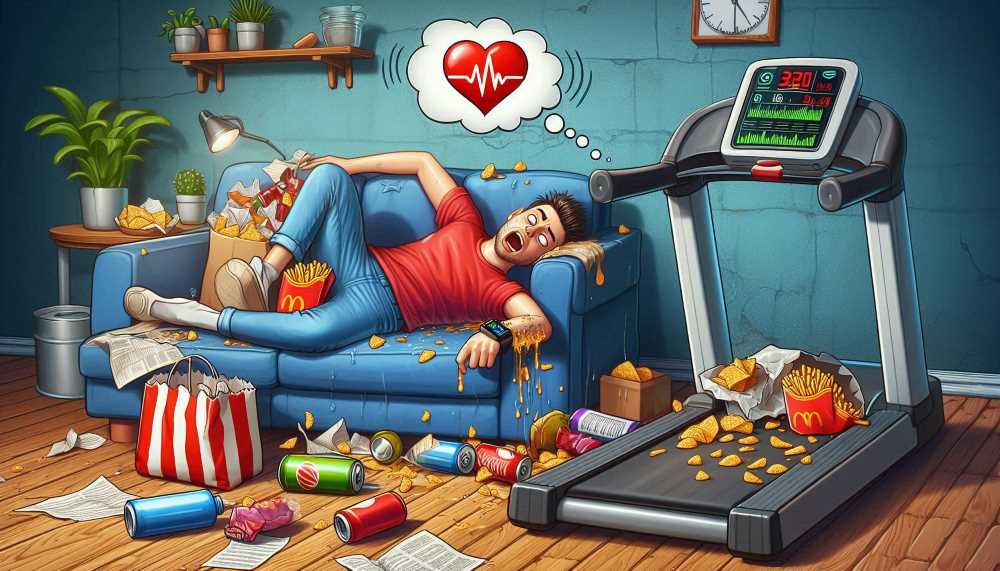Heartbreak or Heart Health? The Choice is Yours
Heart disease is a major global health concern. Risk factors include smoking, diabetes, obesity, and high blood pressure. Prevention involves healthy lifestyle choices and regular check-ups.

In a world where we’re all obsessed with the latest wellness trends—be it sipping kale smoothies or investing in sleep trackers—there's one health issue that continues to hold the top spot in global mortality rates, and it isn’t getting enough quirky hashtags. Yes, you guessed it: heart disease.
Rodolfo Herrera Franco, an academic from UNAM’s Faculty of Higher Studies Zaragoza, offers a hard pill to swallow: heart disease is the leading cause of death globally, for both men and women. Before you clutch your chest in dramatic fashion, let’s unpack the details. This isn't about waiting for dramatic heart palpitations before taking action. It’s about managing risk factors early, even before symptoms have the audacity to make an appearance. Think of it as a defensive strategy, like wearing sunscreen long before the sunburn hits, but for your heart.




